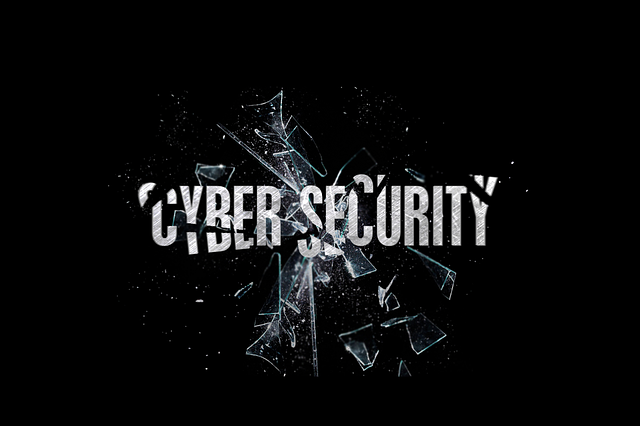Why Antivirus Alone Isn’t Enough in 2020
Many individual internet users and companies alike rely on antivirus software alone and mistakenly believe it is enough to protect their devices. But the scope and complexity of malware has changed so much in the past 15 years that old solutions cannot adequately meet the level of threat that currently exists.
Below, we go over three reasons why antivirus, while still essential, needs to be paired with other security tools. We also outline some of the best ways to keep your data and devices safe in the current threat landscape.
1. Antivirus response times to zero-hour malware is slow
A report from Panda Research showed that traditional antiviruses only catch 30 to 50 percent of new zero-hour malware. Some programs took up to eight hours to hit a 90 percent catch rate but most required 24 hours.
Antiviruses alone can’t keep up with the dynamic nature of new threats, and there are a lot of new threats; estimates range from 350,000 to nearly one million new malware programs every day.
2. The nature of malware has changed
Being infected with malware once required users to click a link or unwittingly download a malicious program, but the old rules don’t apply in 2020. Now, attacks such as malvertising, otherwise known as drive-by downloads, meaning your device can be infected whether you click on an ominous link or not.
With malvertising, a legitimate website accidentally takes malicious content from an illegitimate website, then the bad content finds ways, often through exploits, to gain access to your device.
3. Exploits are rife
Exploits are codes that allow hackers to take advantage of any security flaws or vulnerabilities in a software product to gain access to your network and device.
Many of the common programs in use today, such as Flash, were made when cybersecurity was much less of a concern. What makes exploit-based attacks particularly worrying though is that it takes nearly a year for the exploit to be remediated.
Securing your devices: Tools and Tips
To protect yourself against the threats outlined above, you should invest in a few key security tools:
- Pair your antivirus with a high-quality antimalware program. These security essentials can protect hand-held and desktop devices alike, and in the case of the former, will even double-check your text messages for any lurking malware.
- Downloading VPN apps to your devices is a great way to quickly and easily ensure all your data transmissions are kept hidden from prying eyes. VPNs, or Virtual Private Networks, encrypt your data and send it over a private connection, making sure hackers can detect or interfere with it. Once primarily tools for privacy, they have quickly become essential cybersecurity tools.
- Set up multi-factor authentication on all your accounts and invest in a good password manager, such as LastPass, to handle all of your information. Just be cautious about using text messages as your preferred authentication method because if your phone is lost or stolen, hackers can use it to gain access to your accounts.
- Make sure your firewall is working; all too often users forget about their firewall or assume it is simply in place. Firewalls are a kind of perimeter security measure and protect individual devices or whole networks from outside attacks.
Above and beyond the tools above, practice good digital hygiene: use hard to crack passwords, sign out of sites, avoid using public wifi (unless your VPN is on), and educate yourself on the risks. A few small and easy steps mean you can keep safe online in 2020.
Feature Image by Darwin Laganzon from Pixabay
Amy Cavendish is a writer at UK AssignYourWriter. As an outspoken advocate for digital freedom, she is dedicated to empowering her readers to take control of their digital lives with her thought-leadership articles.

